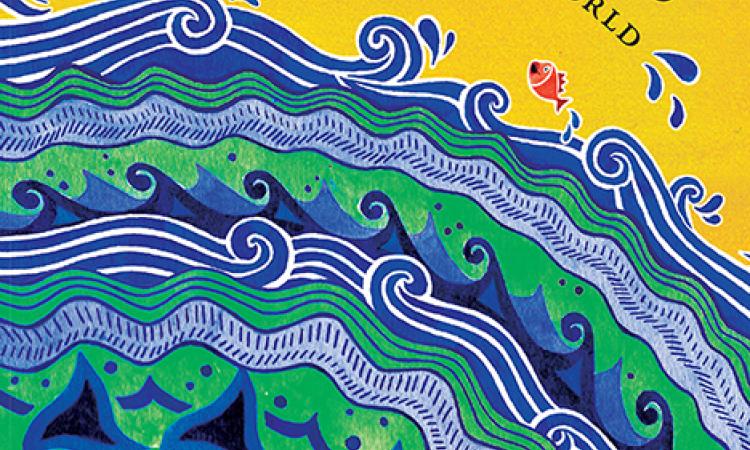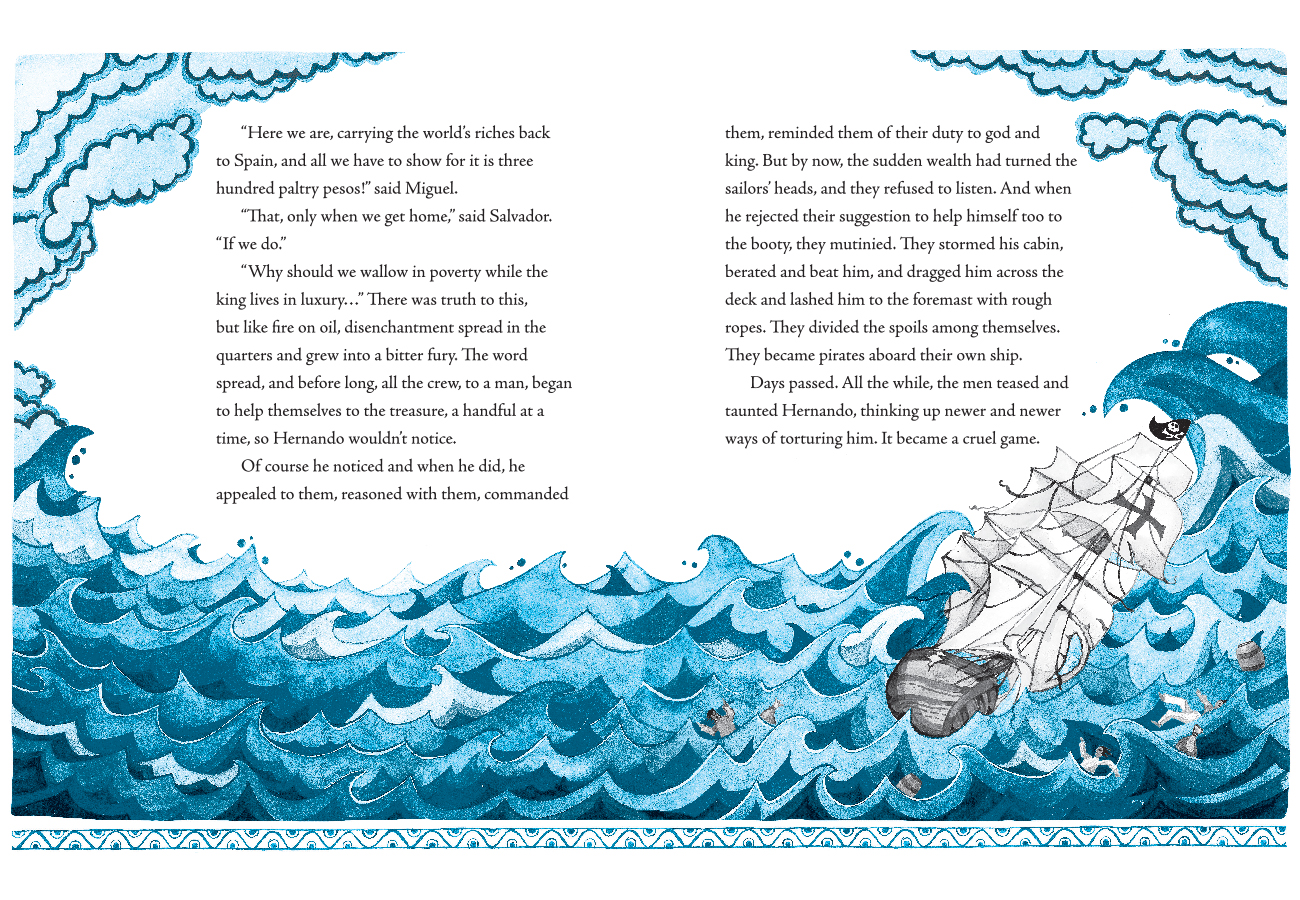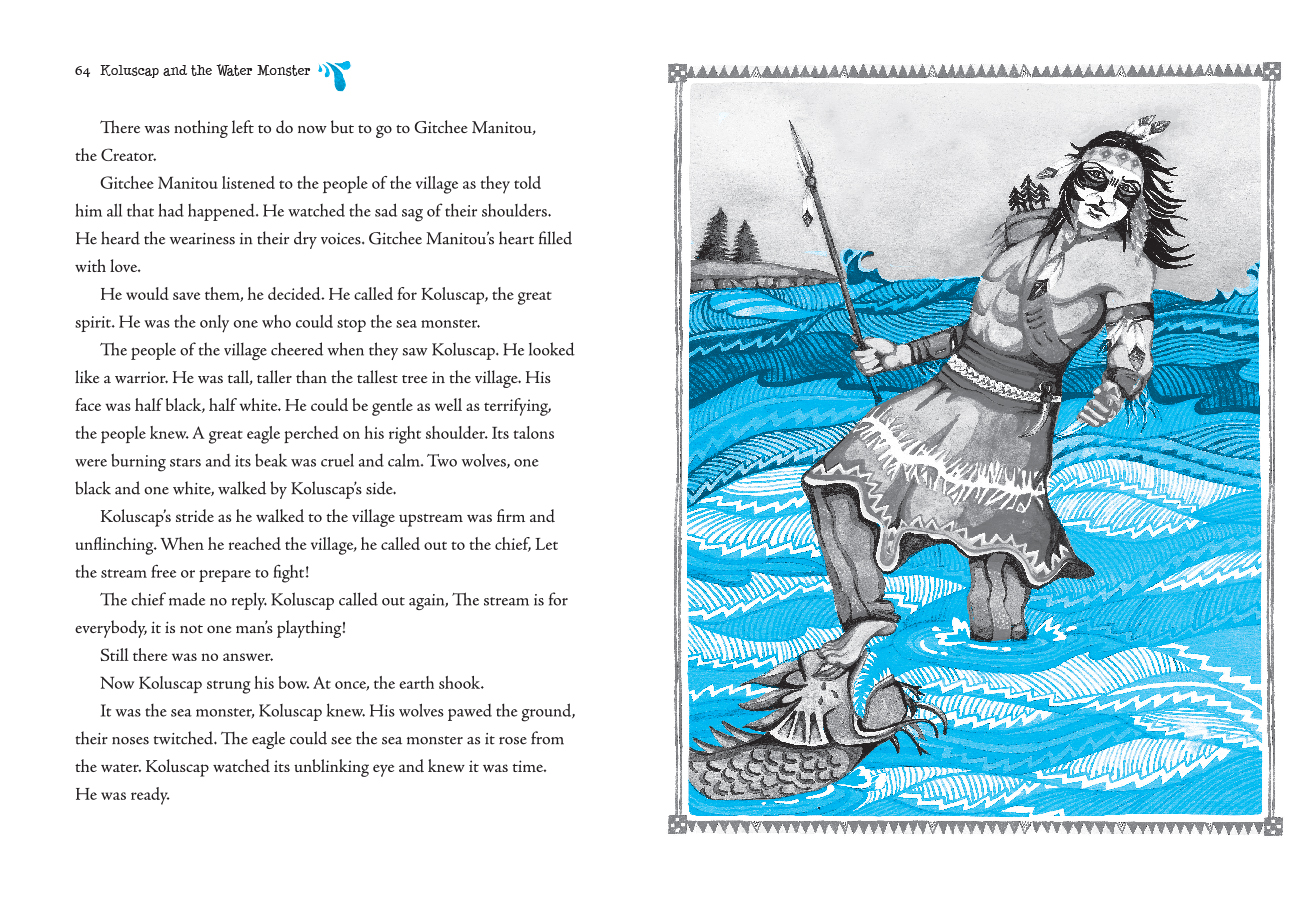
Children love bedtime stories. Fairy tales about kings, princesses, ogres and other magical creatures. For a change, what if we could tell them stories to make them aware of pressing issues that we are faced with. Like water, for example. 'Water Stories from Around the World' is one such compilation. It is a neat mix of stories with simple messages on conserving, using and respecting water.
The story of the 'Green Man' tells us that the only way to sustain life on earth is to learn to preserve our water bodies by keeping them clean and free from pollution. The story of 'Selekana and the river godess' from Botswana in Africa tells us how we should not be greedy and should only take what is rightfully ours.
The story 'Who owns water' from India asks very pertinent questions about things around us that we take for granted. Groundwater is assumed to be everybody's property, so everyone takes it but few think about responsibly giving back by recharging and other measures.
In addition to 11 such stories from across the world, the book also traces the history of water by connecting it with events that happened across time.
In a conversation with the Portal, the Managing Editor of Tulika Publishers, Radhika Menon, shares some interesting facts about the book and its stories.
---------------------------------------------------------------------------------------------------------------------
 What prompted you to bring out this compilation of water stories for children?
What prompted you to bring out this compilation of water stories for children?
Among the first books we published were two theme-based story collections - 'Sorry Best Friend' and 'One World'. 'Sorry Best Friend' was about communal harmony and came out of a workshop that a group of well-known writers were part of. The book was immediately picked up as supplementary readers by schools. This prompted us to do a second theme-based collection called 'One World' on the theme of peace. We continue reprinting these books every year as schools use them. The books have been translated into Hindi, Tamil and 'One World' is being translated in Telugu this year. We realised that the value of such anthologies is that the stories get a very wide reach much beyond the book itself. The writing is always of a high standard as we have very good writers writing for us. Such stories need to be read by children.
'Water Stories' was conceptualised with all this in mind. It is a collection of retold folk stories and myths from different countries, which lent themselves to illustrations. The visuals add a valuable dimension to the book which enhances its appeal.
Why and how did you select these stories?
The brief to authors was to retell folk stories or myths related to water. Stories that strongly conveyed that water belonged to everyone. We were delighted at the variety of stories and different writing styles that came in.
What was the overall message that you wanted to communicate through this book?
The broad theme was ecology, focusing on sustainability, conservation and regeneration and how water is central to that. Children are told in schools and homes that water is a precious resource and every drop should be saved. But when told through imaginatively written stories from different parts of the world children gain a broader understanding of the timeless and intrinsic relationship between people and water in every culture.
 How do you see this book influence children in understanding water?
How do you see this book influence children in understanding water?
Along with the stories and illustrations there is also a Water Timeline from 10,000 BC to the present day and a compilation of Water Facts at the end of the book. All this together offers multi disciplinary teaching/learning opportunities in the classroom that combines storytelling, culture, history, geography and so on.
Any interesting incident/ learning that you came across that would like to share during this effort?
In January this year, there was a programme for children organised by the Puttenhali Lake Improvement Trust in Bangalore which was based on one of the stories from 'Water Stories From Around the World' - 'Who Owns the Water?' by Deepa Balsavar. There was storytelling, music and dance in which all the children participated. The organisers found the message of the story that the water of a lake belongs to everyone and not just one person, perfect for the programme.
In 2011, Jane Koons one of the volunteers of the ALC school project covering 97 Tamil medium schools in interior Tamil Nadu had a fund-raising programme in the US for 5 water projects for the schools. She used 'A Well Was Born' by Radhika Chadha from Water Stories From Around the World for the programme. She said the story was very effective in getting the message across and they got the funds. All the schools now have water.
---------------------------------------------------------------------------------------------------------------------
Water Stories from Around the World is available at the Tulika Books.